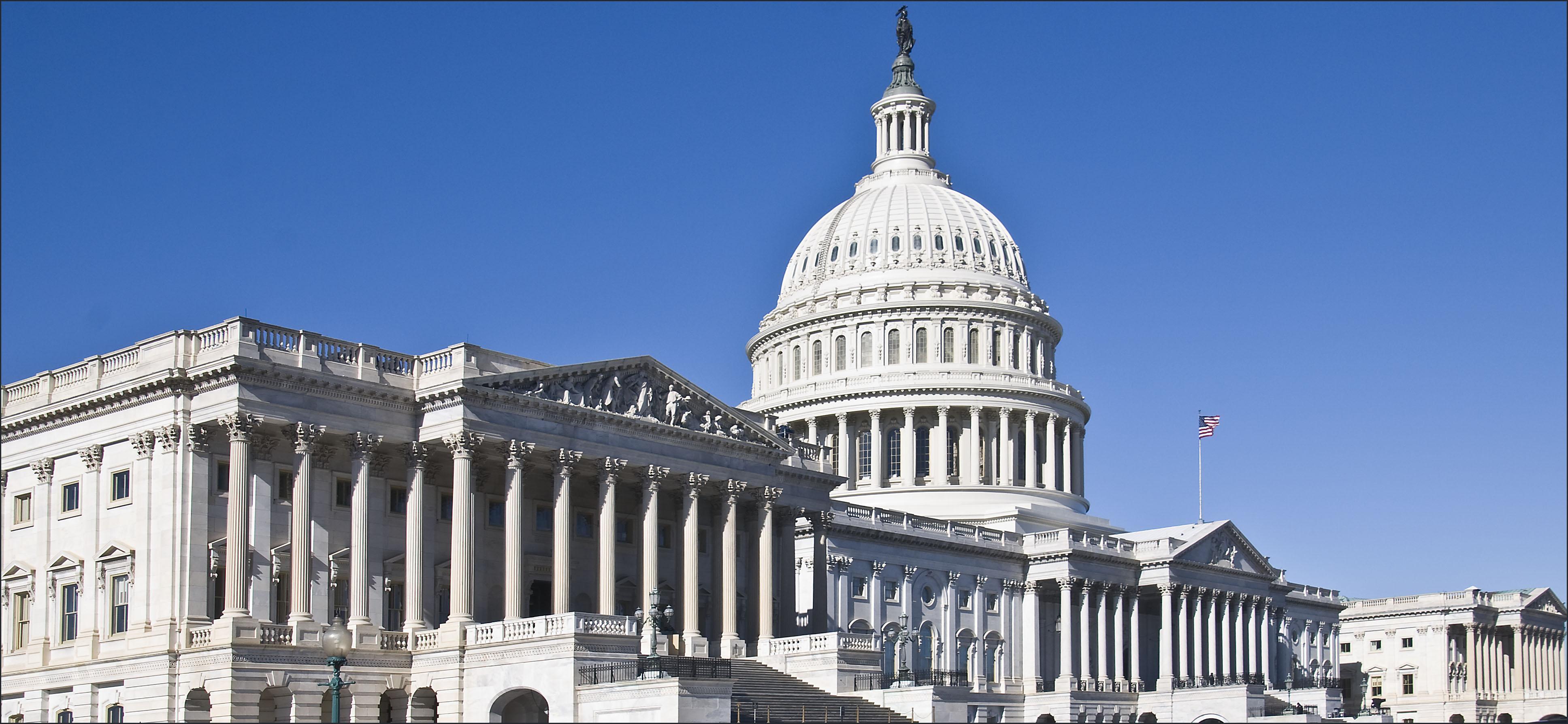The House Early Childhood, Elementary, and Secondary Education Subcommittee offered support for COVID-19 relief funding for school districts in the face of criticism from Republicans during a recent hearing on meeting students’ academic, social and emotional needs.
“Simply put, Democrats have helped states and school districts invest in evidence-based programs that can help students get back on track,” said panel Chairman Gregorio Kilili Camacho Sablan.
Witnesses at the hearing highlighted the government’s investment in social and emotional learning (SEL) for Pre-K–12 students. Dr. Aaliyah Samuel, a former principal and current president of the Collaborative for Academic Social and Emotional Learning, testified that there is an “urgent need for social and emotional learning to support children’s academic recovery and well-being during this critical time.” Dr. Samuel also testified that SEL is widely supported; 80% of parents want schools to continue or expand SEL, 84% of teachers say SEL is more important than ever before, and a majority of high school students believe that going to a school focused on SEL helps them learn academic material . SEL is a process through which children and adults learn to understand and manage emotions, set and achieve positive goals, feel and show empathy for others, establish and maintain positive relationships, and make responsible decisions.
The American Federation of School Administrators is committed to supporting federal and state funding of SEL concepts and programs. A resolution supporting the use of evidence-based SEL programs as part of Pre-K–12 learning was adopted unanimously at AFSA’s 16th Triennial Constitutional Convention in July 2022.
Democratic Rep. Jahana Hayes of Connecticut used her own state as an example of successful implementation of SEL programming. “The Connecticut state department of education is leading the way in social and emotional learning,” Hayes said, “making tools available to districts at no cost, engaging parents and teachers with resources to support social emotional learning, recruiting teachers and facing all of the challenges that have arisen during the pandemic.”
Hayes agreed with Samuel on the urgent need for SEL in schools. “Too often,” she said, “social and emotional learning is seen as separate from academics. However, building strong relationships with students and creating opportunities to develop cognitive skills is critical to learning; that’s how kids learn.”
Republicans used the hearing as an opportunity to question how effectively school districts are using COVID-19 relief funds granted by the American Rescue Plan signed into law in March 2021 by President Biden.
“We need to be making sure that the government is using taxpayer dollars wisely, and not making matters even worse for our students,” said Rep. Fred Keller of Pennsylvania. “Through the American Rescue Plan, the federal government spent $190 billion on the Elementary and Secondary School Emergency Relief Fund, and most of these funds have yet to be spent.”
Phyllis Jordan, the associate director of nonpartisan think tank FutureEd, clarified for Keller that the ESSER money is “budgeted out for years in advance” and therefore “hasn’t yet been spent, but has been committed” to furthering public education.
Republican lawmakers repeatedly weaponized what they characterized as unused funds to attack educators’ unions, with Keller, Rep. Burgess Owens of Utah and other GOP panel members railing against what they see as outsized influence of teachers’ unions.
Democrats responded by noting the success of programs funded by the American Rescue Plan in making up lost learning time during the pandemic.
“Thanks to the investments made by congressional Democrats and President Biden, school districts have the resources to meet students’ needs and get back on track,” Sablan concluded.
To watch a recording of this hearing, click here.

